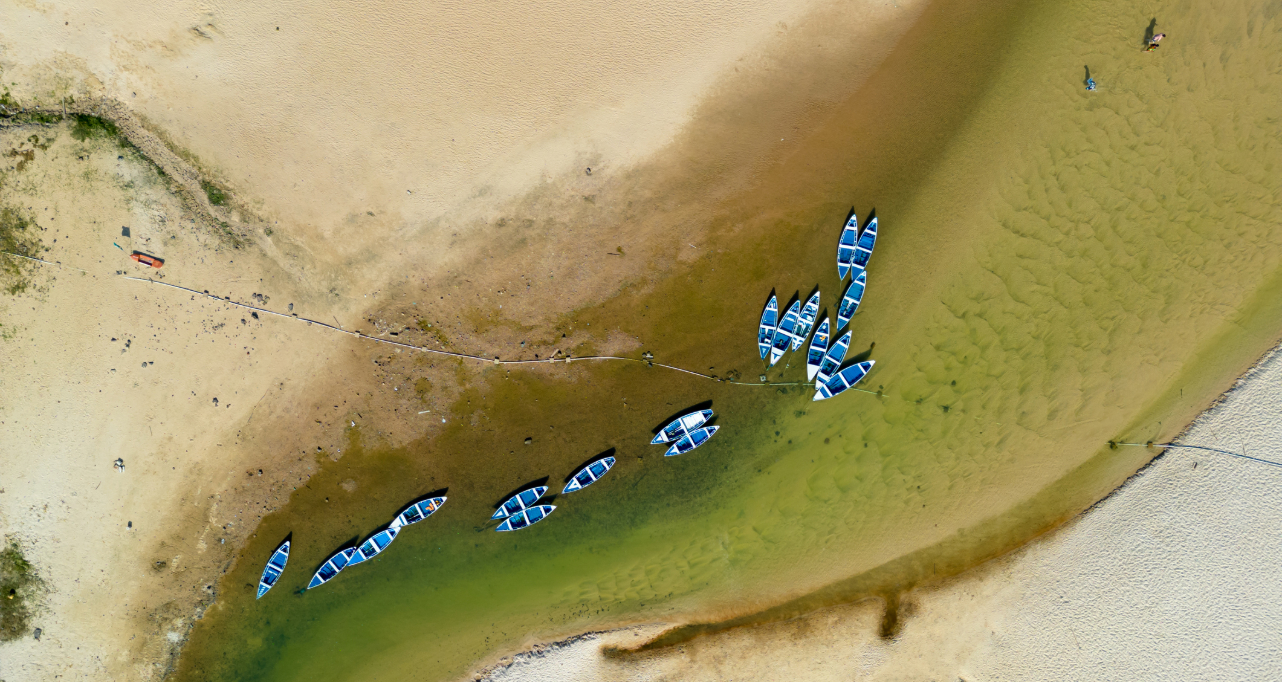Who we are
Overview: about the EBRDWho we are
Overview: about the EBRD
Our story
Learn about the EBRD's journey to investing more than €220 billion in over 7,800 projects.
- Our background and history
- Our organisation
- Our values
- Strategies, governance and compliance
- Project accountability
What we do
Overview: how the EBRD operatesWhat we do
Overview: how the EBRD operates
How we deliver systemic impact
Across three continents, the EBRD supports the transition to successful market economies.
- Where we work
- Products and services
- Sectors we work in
- Our projects
- Focus areas and initiatives
- Economic research
Work with us
Overview: how you can work with the EBRDWork with us
Overview: how you can work with the EBRD
What we offer for businesses
We draw on three decades of regional knowledge and financial expertise to tailor our products and approaches to each client's needs.
- Businesses
- Investors
- Donors
- Researchers
- Civil Society
- Alumni
- Nominee Directors
- Trade finance
- Careers
- New report showcases best practices for delivering resilience and innovative approaches scaling up adaptation results
- MDBs publish metrics and methodologies to unlock financing for nature and biodiversity
Belém, Brazil — Multilateral development banks (MDBs) reaffirmed today at COP30 their commitment to respond to their clients' priorities to improve livelihoods and create jobs for the resilience of communities and businesses in the face of intensified climate shocks and ecosystem degradation.
Working together as a system, they call for resilient, economically sound development that is rooted in trust and built to last, focusing on stable institutions, reliable infrastructure, employment opportunities, adaptation to the impacts of climate shocks and the capacity to grow within each country’s context. Their efforts to better support clients include:
- Improving the risk profile of investments and attracting more money by finding new ways to involve the private sector.
- Strengthening how results are measured to better capture and track the impact of their investments.
- Harmonising their work to simplify financing processes and deliver greater adaptation and mitigation impact
- Advancing the implementation of the Joint MDB Long-Term Strategy Programme to support clients with climate planning and the design and implementation of country-led, country-driven platforms.
Gianpiero Nacci, Managing Director for Climate Strategy and Delivery at the European Bank for Reconstruction and Development, said: “As MDBs, we are united in driving economic growth while strengthening climate resilience. The green transition is now a business imperative for competitiveness, with clear market signals from governments, investors and businesses showing strong demand for climate finance.”
Delivering at scale
In 2024, MDBs provided US$ 137 billion (€118 billion) in climate finance for adaptation and mitigation and mobilised an additional US$ 134 billion from private capital. Of these amounts, US$ 85 billion and $33 billion were directed to low- and middle-income economies respectively, putting MDBs on track to reach US$ 120 billion from their own accounts and US$ 65 billion in private-capital mobilisation by 2030.
Accelerating action for adaptation and resilience
Since 2019, MDBs have doubled their support for adaptation and resilience, delivering over US$ 26 billion to low- and middle-income economies in 2024 alone. Based on this experience – not only financing programmes and policies, but also linking finance with policy dialogue, strategic planning and institutional capacity-building – they launched at COP30 the technical paper From Innovation to Impact: Building Resilience for People and Planet, a new report that showcases more than 100 best practices for delivering resilience, including several pioneering instruments that are expanding resources, mobilising private capital and strengthening systemic resilience.
Enhancing action on nature
The MDBs are supporting clients to scale up investments that actively protect, restore, or enhance nature while generating an economic return by improving metrics, methodologies and the design of financial products. In Belém, they will launch a new framework for nature financing that includes the Common Principles for Tracking Nature Finance and A Practitioner’s Guide to Results Metrics Selection, both designed to support the development of high-quality financial products and attract greater private capital for nature.

